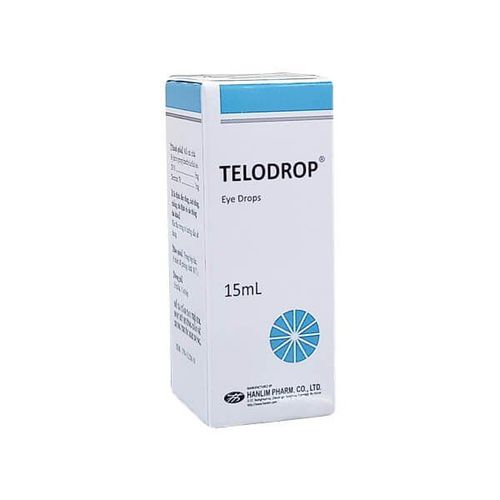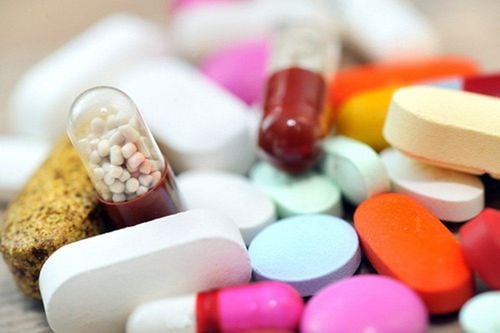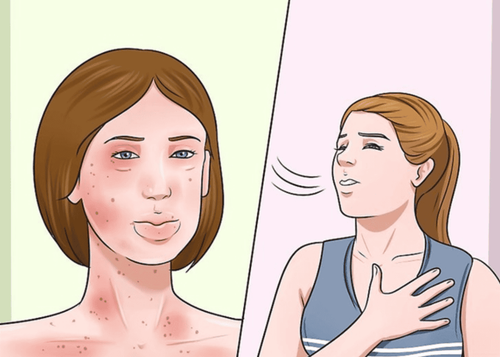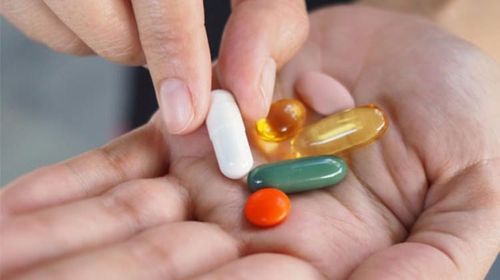This is an automatically translated article.
Dry eyes can occur for a variety of reasons, from staring at a computer screen for too long to our own aging. But another possible cause of dry eyes is the medications we are taking every day. Many common medications can cause eye side effects.1. Medications that cause dry eyes
Medicines cause their side effects on the eyes in several ways. Medications that cause dry eye can be caused by cutting down on the number of tears the person taking the drug, or by changing the combination of components in the tears.1.1. Acne medication If you have severe acne that causes deep and painful cystic acne, then you can take a medication called isotretinoin. Isotretinoin helps clear acne by reducing the amount of oil produced by certain glands. But some of these glands are located in the patient's eyelids, resulting in the tears produced becoming less "oily" causing dry eyes.
1.2. Antidepressants, Parkinson's drugs, and sleeping pills treatment for depression or Parkinson's disease... but it also blocks the normal signals to the eye to secrete more tears.
However, not all antidepressants cause eye side effects, tricyclic antidepressants do, but SSRIs do not. Even so, SSRIs can also cause dry eyes.
1.3. Antihistamines If you are allergic to things like pollen, pet dander, or mold, an antihistamine may seem like an effective solution. They block the body's response to allergens and prevent common symptoms like itching, sneezing, watery eyes, and runny nose. However, these medications can also cause a person's eyes to produce less tears. That can lead to dry eyes, eye irritation.
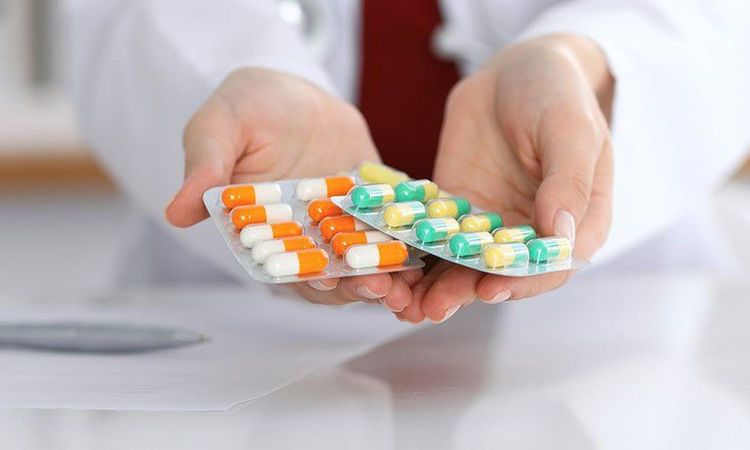
Các loại thuốc kháng histamin khiến mắt tiết ra ít nước mắt hơn, gây khô và kích ứng mắt
Doctors aren't sure exactly why hormones lead to dry eyes, but it's possible they affect the amount of water that passes in a user's tears.
1.5. Medications to treat high blood pressure Beta-blockers are a common blood pressure medication that can block the body's response to the hormone adrenaline. This helps the patient's blood pressure because it slows the heart rate, which then reduces the force that blood has to put on the arteries.
One of the side effects of this class of drugs is that the body makes less of one of the proteins that go into tears, which leads to less tear production and dry eyes. In addition, beta-blockers can also lower the normal pressure in the user's eyes, affecting the amount of water in the tears, which is also a problem that causes dry eyes and is a drug that causes eye strain.
Diuretics are another type of medicine used to treat high blood pressure. Diuretics help the body get rid of salt and water, so they can also change the layer of tears in a user's eyes.
Other blood pressure medications, such as ACE inhibitors and alpha blockers, do not usually affect the user's eyes, they are not eye strain or dry eyes.
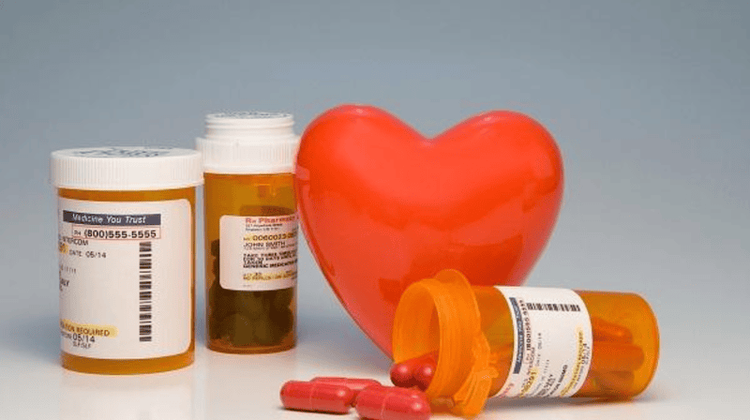
Khi bạn sử dụng thuốc điều trị tăng huyết áp, bạn có thể cảm thấy đôi mắt của mình khô hơn
1.7. Pain relievers Pain relievers usually do not cause dry eyes. However, in rare cases, the use of a non-steroidal anti-inflammatory drug (NSAID) (such as ibuprofen) can cause dry eyes. Aspirin does not have this effect, but you should talk to your doctor about the best use of the drug.
2. What should be done when the side effects of the drug on the eyes occur?
The patient must not stop taking the medicine immediately as that could have harmful effects on the main disease you are treating. Instead, talk to your doctor about your current condition. The best solution that will be considered depends on the patient's health and the type of medication being taken:Change in dosage: some medications are less likely to cause dry eyes if taken in lower amounts. Change medication: switch to a different medication that does not cause dry eyes. Alternative: if drug-induced dry eye makes it more difficult to wear contact lenses, the patient can switch to a different type of lens that can help relieve eye pain caused by dry eyes, eye fatigue. Use eye products: Use artificial tears to keep your eyes moist. Some medications can cause dry eyes, affecting the regulation of tears. Therefore, to limit the risk of dry eyes, you should follow your doctor's prescriptions, avoid abuse or indiscriminate use of drugs.
Please dial HOTLINE for more information or register for an appointment HERE. Download MyVinmec app to make appointments faster and to manage your bookings easily.
Reference source: webmd.com



